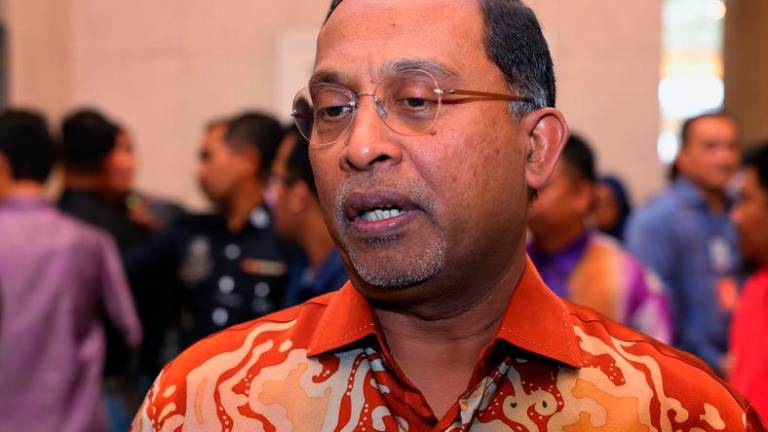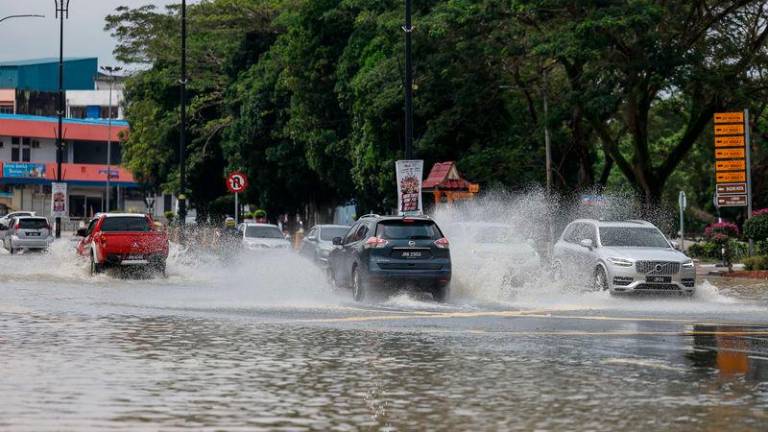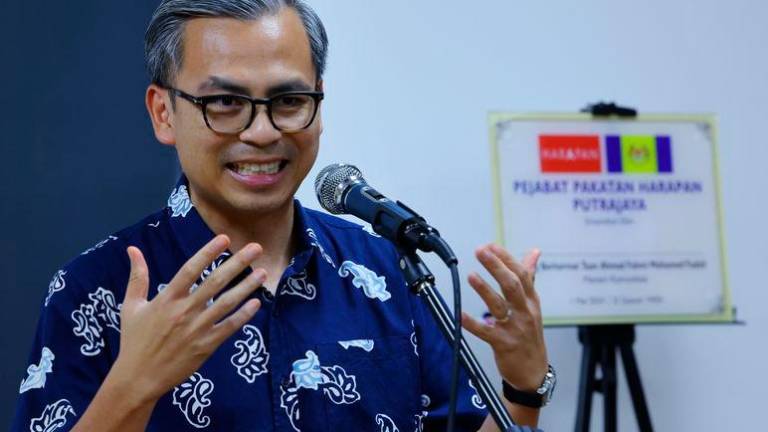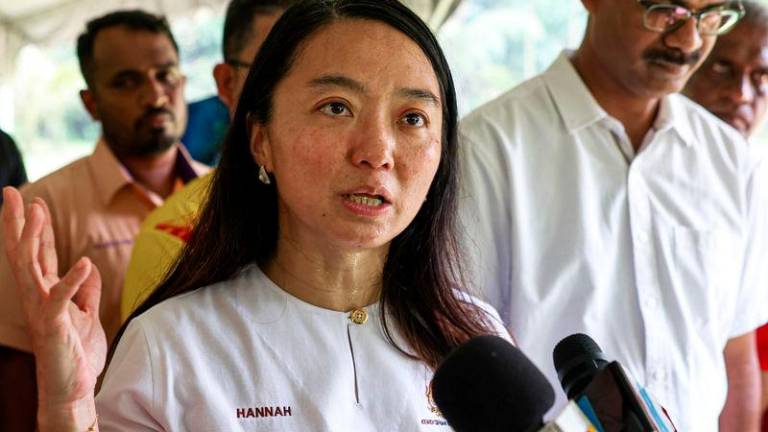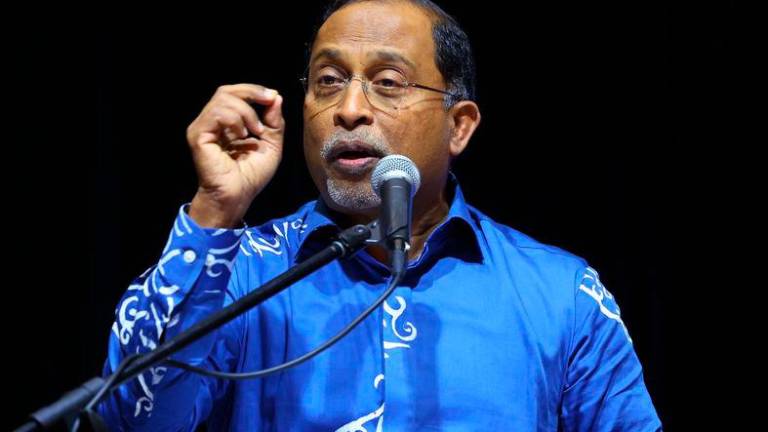BANGKOK: Thailand's unemployment rate hit a 12-year high in the first quarter of 2021 due to the renewed impact of coronavirus outbreaks, as the country reimposed measures to contain a third wave of infections, the state planning agency said on Monday.
The Southeast Asian country's latest, more severe outbreak has accounted for about 80% of its total Covid-19 cases and deaths.
The unemployment rate was 1.96% in the January-March quarter, representing 758,000 workers without jobs, up from 1.86% in the previous quarter, state agency data showed. That was the highest since the 2.08% recorded in the first quarter of 2009 during the global financial crisis.
“The unemployment rate increased drastically and is expected to rise again, reflecting the ongoing impact of Covid-19,“ Danucha Pichayanan, head of the National Economic and Social Development Council (NESDB), told a briefing.
Unemployment slowed in the second half of 2020, when earlier outbreaks were contained, before re-emerging this year.
The official definition of being unemployed in Thailand is quite narrow, including only those who do not work a single hour in a surveyed week and excluding those with a business or owning farms.
Analysts also note it does not catch Thailand's significant unofficial economy.
The prolonged Covid-19 outbreak may prevent the economy from growing as targeted due to slower activity, Danucha said.
Last week, the NESDB cut its 2021 economic growth outlook to 1.5%-2.5% from 2.5%-3.5%, predicting half a million foreign tourists after the new outbreak. Thailand had nearly 40 million visitors in 2019.
Tourism is expected to return to normal in 2026, the agency said, citing the Tourism Authority of Thailand. Earlier, the central bank also said it could take at least four to five years for arrival numbers to normalise.
The outbreak will delay reinstatement, affecting more than 7 million tourism workers, Danucha said.
However, the number of employed workers reached 37.6 million in the March quarter, up 0.4% from a year ago due to higher employment in the agriculture, which has absorbed some of the workers laid off from other sectors.
In another development, a central bank official said Thailand's benchmark interest rate may stay at a record low of 0.5% for one or two years until the economy has seen a clear recovery, as the country deals with a third wave of Covid-19 infections.
Inflation may rise temporarily but stagflation is not expected, Don Nakornthab, senior director at the Bank of Thailand (BOT), told an economic forum.
Inflation in the second quarter may exceed the BOT's target range of 1% to 3%, but that will be temporary due to a low base last year, he said.
“Stagflation is very least likely. A more concern is inflation will not rise,“ Don said.
The BOT has left its policy rate unchanged since mid-2020 and warned of the impact of the current outbreak, which has accounted for about 80% of Thailand's total cases and deaths.
It will next review policy and economic outlook on June 23.
“The policy rate is at record low and will probably stay at this level for a while. In a year or two, there may not be an increase,“ Don said.
The distribution of vaccines will be the most important factor for reviving the tourism-reliant economy, he said. Mass vaccinations will start next month.
The BOT has said the policy rate level was not an issue and the problem was the distribution of liquidity to needed areas.
“Cutting rates further will not help anything,“ Kanit Sangsubhan, a member of the BOT’s monetary policy committee, told the forum.
The outbreak will worsen the country's high household debt, now around 89% of gross domestic product (GDP), Don said.
Thailand's public debt to GDP ratio can go higher than its ceiling of 60% if necessary as it remains relatively low compared with some other countries, Don said.
Thailand's new borrowing of 700 billion baht (RM92.55 billion) approved last week would be for supporting the economy into next year, finance ministry official Pisit Puapan said. – Reuters





